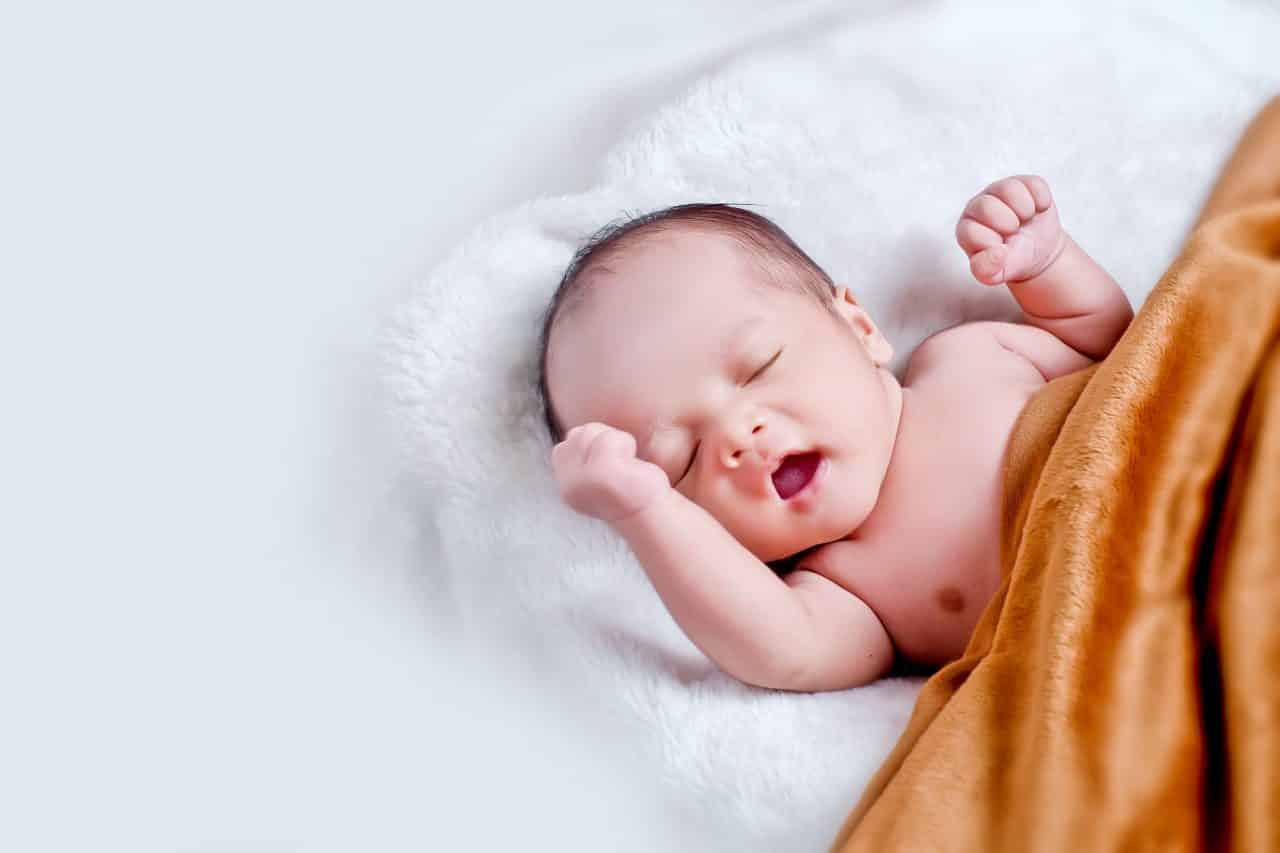While hearing loss is most common among older adults, people of all ages experience the condition, including infants. When present at birth, it’s known as congenital hearing loss.
In 2019, the Centers for Disease Control and Prevention (CDC) found that almost 6,000 infants born that year were found to have permanent hearing loss.
Common Causes of Infant Hearing Loss

Infant hearing loss can have a variety of different causes. However, some are much more common than others. These common causes include:
- Genetic conditions. A variety of genetic conditions can cause hearing loss in newborns or increase their risk of developing it. In some cases, parents may have hearing loss as well. Often the parents will have normal hearing, but one carries a gene that can cause hearing loss.
- Infections. Different infections have the potential to cause hearing loss, but one of the most common is cytomegalovirus (CMV). It can be passed from mother to infant during pregnancy. Because of the high risk involved, any expectant mother experiencing a flu-like illness should speak with their doctor about getting a blood test. Other viral infections that can put infants at risk include toxoplasmosis and German measles, among others.
- Ototoxic medications. If a medication is ototoxic, it means it can damage the ears and potentially cause hearing loss. Certain powerful antibiotics that treat severe respiratory infections in infants are one example. While they are often necessary and lifesaving, many infants who receive the drug experience some degree of hearing loss.
Treating Hearing Loss in Infants
Untreated hearing loss from infancy can significantly affect a child’s language development right from the start. Babies who struggle to hear tend to babble less than those with normal hearing. This can lead to more significant developmental delays down the road, specifically when it comes to language and vocabulary.
The good news is that the vast majority of newborn hearing loss is diagnosed through universal screenings that happen shortly after birth. These screenings provide the opportunity for early treatment with pediatric hearing aids. In more severe or profound cases, your doctor may recommend cochlear implants or a bone-anchored hearing system.
Worried Your Baby Has Hearing Loss?
Some infants and small children don’t develop hearing loss until they are slightly older. If you notice that your baby isn’t making babbling noises, reacting to your voice or startling at loud noises when you’re out at Nipomo Community Park, schedule an appointment to have their hearing checked.
Hearing loss treatment can help children reach developmental milestones at the same pace as their peers and can help make life easier for them as well as their families.
For more information or to schedule an appointment for your child, call M.K. Larson Audiology today.